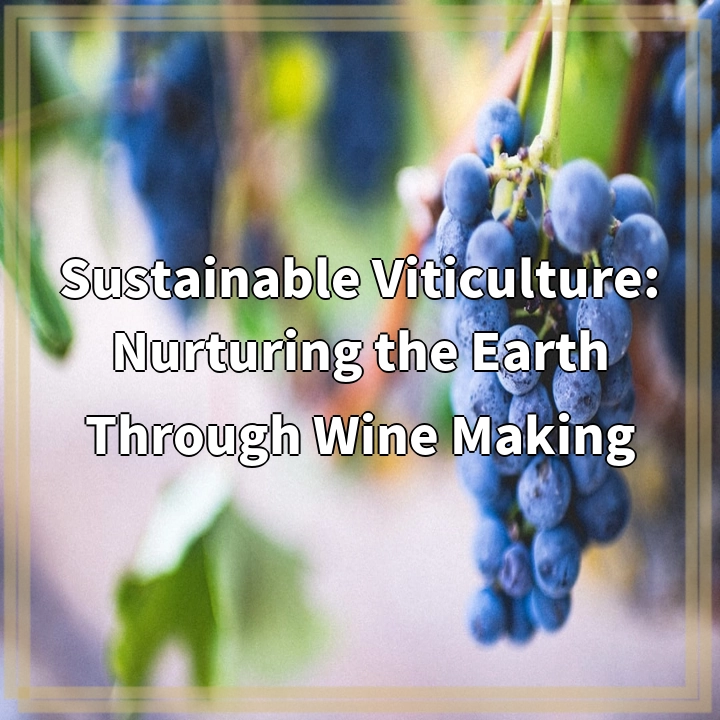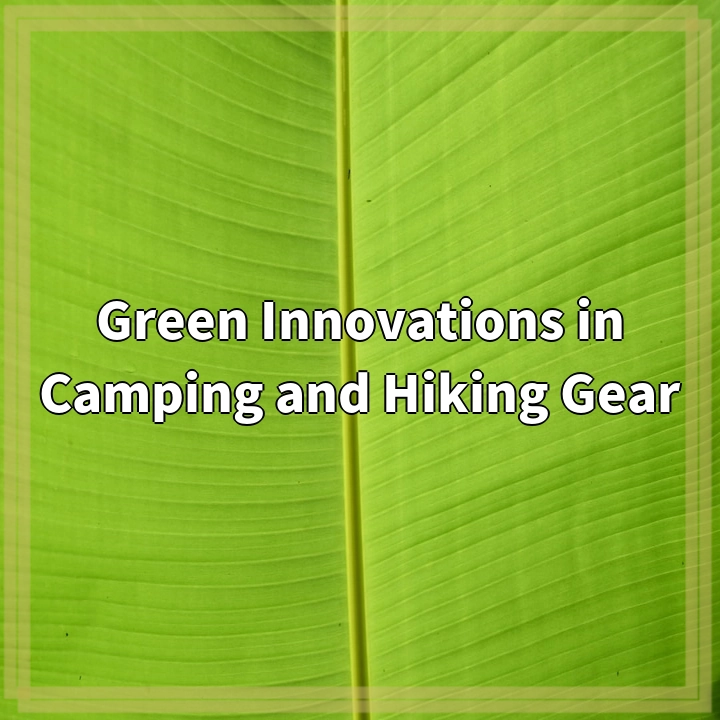
What is Sustainable Viticulture?
Sustainable viticulture is an approach to wine making that prioritizes environmental stewardship and social responsibility. This holistic approach aims to minimize the negative impacts of vineyard management on the environment while also promoting the well-being of the surrounding communities and the long-term sustainability of the wine industry.
Real-World Problems
1. Pesticide Use and Environmental Pollution
Traditional wine-growing practices often involve the heavy use of pesticides and synthetic fertilizers to control pests and maximize yields. These chemicals pose significant risks to the environment, including soil degradation, water contamination, and harm to beneficial insects and wildlife. Sustainable viticulture addresses this problem by promoting alternative pest control methods, such as integrated pest management, organic farming techniques, and the use of natural predators to maintain a balanced ecosystem.
2. Water Management and Conservation
Water scarcity and inefficient water use are pressing concerns in many wine-growing regions. Conventional irrigation practices can deplete water resources and contribute to water pollution through excessive runoff and leaching of contaminants. Sustainable viticulture emphasizes water conservation measures, such as employing drip irrigation systems, implementing rainwater harvesting techniques, and promoting practices that enhance soil water retention. These approaches help reduce water waste and protect local water sources.
3. Soil Health and Biodiversity Loss
Intensive farming practices, including excessive tillage and the use of synthetic fertilizers, can result in soil erosion, depletion of nutrients, and loss of biodiversity. Sustainable viticulture focuses on building soil health and promoting biodiversity through practices such as cover cropping, composting, and the use of natural fertilizers. These methods improve soil structure, enhance nutrient cycling, and promote the growth of beneficial microorganisms, contributing to long-term soil fertility and ecological balance.
4. Climate Change Adaptation
The wine industry is highly vulnerable to the impacts of climate change, including altered weather patterns, shifting growing seasons, and increased susceptibility to pests and diseases. Sustainable viticulture recognizes the need to adapt to these challenges and mitigate the greenhouse gas emissions associated with wine production. This may involve implementing renewable energy sources, reducing carbon footprints through energy-efficient practices, and adopting climate-smart farming techniques.

Solutions to Real-World Problems in Sustainable Viticulture
1. Embracing Integrated Pest Management and Organic Farming
By adopting integrated pest management techniques and organic farming practices, sustainable viticulture minimizes the use of pesticides and synthetic fertilizers. This approach encourages natural pest control methods, promotes healthier ecosystems, and reduces the negative environmental impacts associated with conventional pesticide use.
2. Implementing Water Conservation Strategies
To address water management concerns, sustainable viticulture emphasizes water conservation by implementing practices such as drip irrigation, rainwater harvesting, and soil moisture monitoring. These techniques help optimize water use, minimize wastage, and ensure the longevity of local water resources.
3. Enhancing Soil Health and Biodiversity
Sustainable viticulture prioritizes the restoration and maintenance of soil health by employing practices like cover cropping, composting, and minimizing soil disturbance. This leads to improved soil structure, enhanced nutrient cycling, and the preservation of biodiversity, fostering a more resilient and sustainable vineyard ecosystem.
4. Adapting to Climate Change
To confront the challenges posed by climate change, sustainable viticulture focuses on implementing climate-smart farming practices. These include planting resilient grape varieties, using canopy management techniques to mitigate heat stress, and reducing greenhouse gas emissions through renewable energy adoption and energy-efficient practices.















